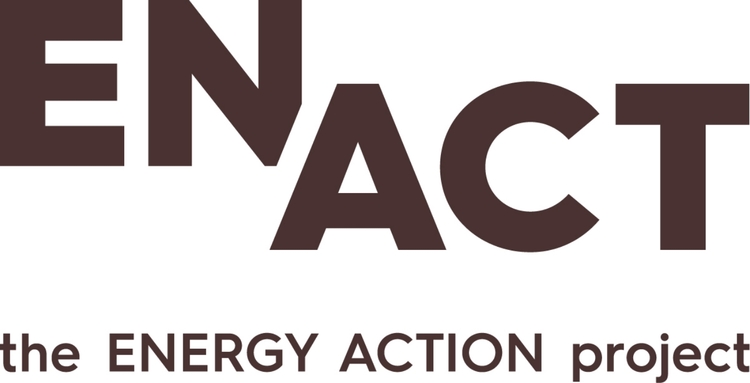Launched as ‘the EU’s Man on the Moon moment’, the European Green Deal is massively ambitious in scope and scale. While appreciating the breadth of its eight ‘deeply transformative policies’ backed up by a Roadmap of 50 related measures, Renovate Europe finds that the vital and underpinning roles of energy efficiency and building renovations are not fully considered.
Renovate Europe finds that the EGD’s policy ambition to support ‘building and renovating in an energy- and resource-efficient way’ is positive, but it falls short of seizing two related opportunities. Strategic renovation could transform a large portion of the existing EU building stock into ‘energy’ sources capable of ‘supplying clean, affordable and secure energy’. Additionally, buildings have a central role in the overarching aim of ‘increasing the EU’s climate ambitions for 2030 and 2050.’ Considering that 90% of existing buildings will still be in use in 2050 — and that 97% of them require deep energy renovation to be considered energy efficient — they could ‘make or break’ the overarching ambition.
Can the EU Green Deal trigger action global on building energy efficiency?
Thanks to a strong push by the International Partnership for Energy Efficiency Cooperation (IPEEC), energy efficiency is on the G20 agenda, with buildings recognised as a key sector. Increasingly, energy agencies — including IPEEC — recognise energy efficiency not just a way to ‘save’ energy, but rather as an energy commodity that has its own value. Indeed, because every unit of energy NOT used delivers benefits in production, distribution and emissions, energy efficiency should be prioritised as ‘the first fuel’.
Cleverly, IPEEC, framed its recent call for strategic action as ‘2-Es that need 6-Ds’, saying that the ‘desirable’ goal of a global transition that supports universal access to modern energy services while also achieving the emissions reduction will require disruptive action in four key areas: decoupling, decarbonisation, decentralisation and digitalisation.
Renovate Europe offers proof that strategic action delivers excellent returns
Strategic energy renovation must be made a top priority within the EGD for multiple reasons. EU citizens spend 90% of their time inside buildings, the quality of which have direct and indirect impacts on their health and well-being, which in turn links to public healthcare costs. Clearly, wide-scale deep energy renovations can quickly move the EU closer to European Green Deal core aims. With solid data on what is achievable in the buildings sector – and practical knowledge on how to achieve it, at what cost-benefit ratios – Renovate Europe calls on the European Commission to specifically prioritise deep energy renovations as part of the European Green Deal.
To that end, we offer a sampling of projects already undertaken — in Croatia, France, Ireland, Italy, Romania, Slovenia and the UK — to show that it is technically possible and financially feasible to dramatically reduce the energy demand of EU buildings. Across very diverse building types, these projects reduced energy consumption by up to 80% on average.
Click on ‘InDepth’ for a deeper investigation, including links to projects that are already delivering solid returns on investment and a range of economic and societal benefits.
For the full set of articles co-produced by EnAct and Renovate Europe, follow the links below:
Part 1 of 5 / Building renovations and the EU Green Deal
Part 2 of 5 / Proof of how building renovations can help meet the EU Green Deal
Part 3 of 5 / Tapping into the Just Transition Mechanism
Part 4 of 5 / Leveraging carbon revenues for EU buildings renovation
Part 5 of 5 / Financing residential deep energy renovation


